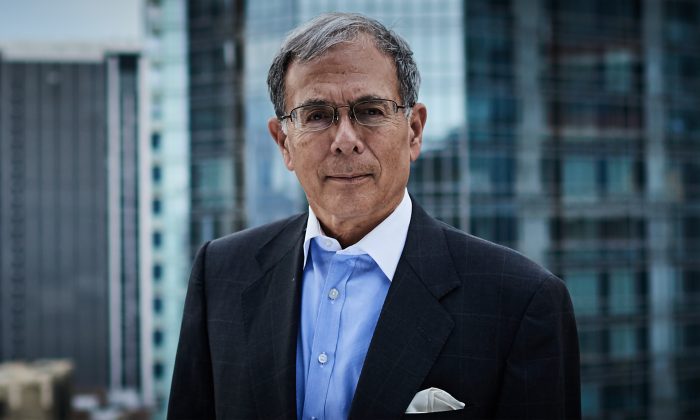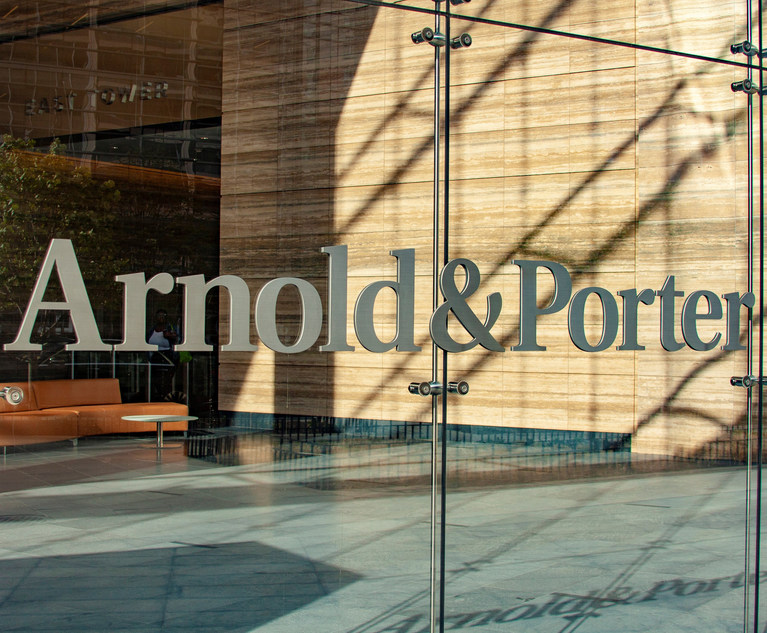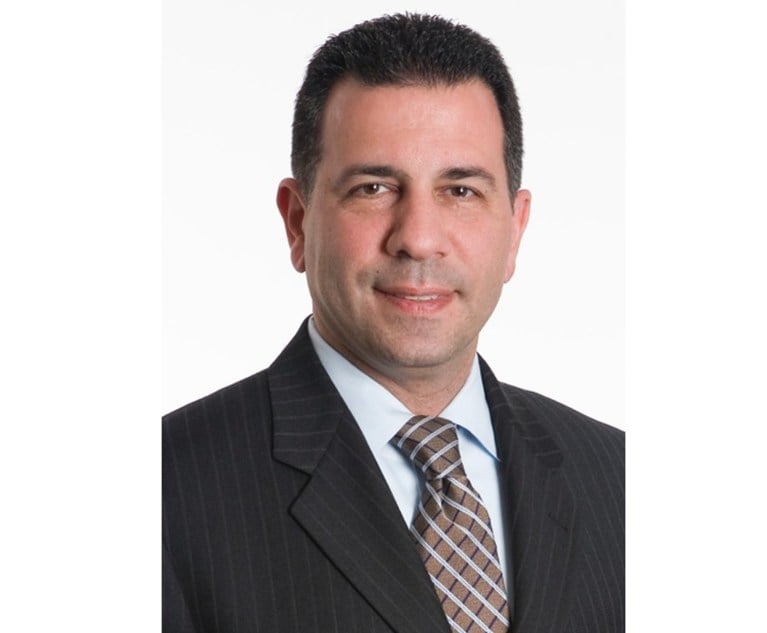Litigation related to this matter has “lasted for 31 years so far.” The plaintiff developer had sued the City of Long Beach, its zoning board of appeals (ZBA) and its building commissioner in connection with disputes involving variances. The developer had contemplated building 432 residential units in four buildings. After one “tower,” (tower “A”), had been built, a dispute arose with respect to the other three towers. The developer’s suit was settled by a stipulation in 1989. The 1989 stipulation provided that the developer would apply for new variances to construct the remaining three buildings. The developer agreed to pay $200,000 to the city to fund related public improvements (utilities). The city agreed to begin construction of the utilities within two years after receiving the $200,000. The developer then had to apply for building permits (permits) within a certain time period.
The developer applied for the new variances. The ZBA granted them in 1989. The developer paid the aforementioned $200,000. However, the city did not install the utilities and asked for an extension of time. The developer granted the extension on condition that the developer’s time for applying for building permits was also extended. Those terms were embodied in an April 1992 letter. The corporation counsel, who represented all defendants, “consented and agreed to” the April 1992 letter and the letter was attached to a new stipulation, which was signed by counsel for all parties and “so ordered” by the Supreme Court.


 Scott Mollen
Scott Mollen




